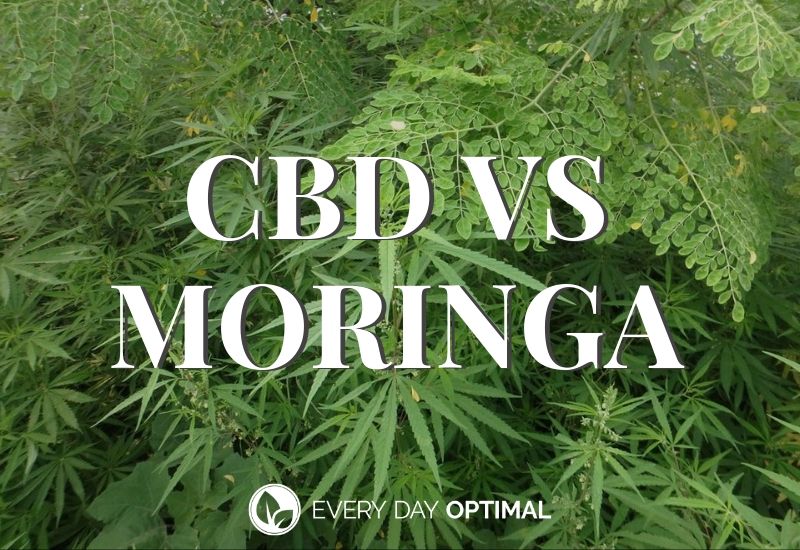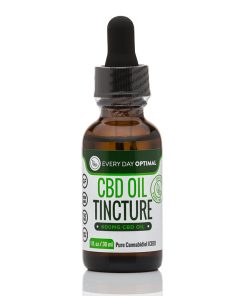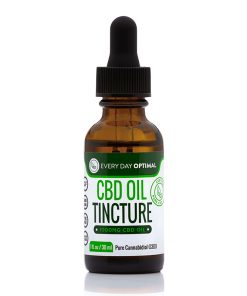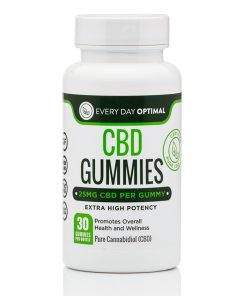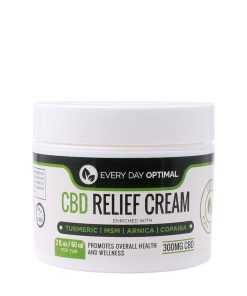Blog
Comparing CBD vs Moringa: Which is Best?
The benefits of cannabidiol (CBD) are well-known at this point, but what about moringa?
If you’re using CBD for health reasons, chances are you’ll be interested in this superfood. After all, they both offer many of the same benefits. So which one is better, and can you combine the two? Keep reading to find out.
What is CBD?
CBD is a compound derived from cannabis, also known as a cannabinoid. There are over 100 known cannabinoids, but CBD is one of the most dominant compounds in the cannabis plant, and is responsible for many of marijuana’s therapeutic benefits. Unlike certain other cannabinoids, however, CBD won’t get you high, and it can also be derived from hemp, making it legal and easily accessible in places where marijuana is illegal.
What is Moringa?
Moringa oleifera, also known as the drumstick tree, is a tropical plant native to South Asia. It’s an incredibly nutrient-dense food with a long history in traditional herbal medicine. Its diverse health benefits are so powerful that it’s also called “the Miracle Tree.”
CBD vs Moringa: How They Work
All cannabinoids, including CBD, work by interacting with receptors throughout the body. These receptors make up what’s known as the endocannabinoid system, and they’re involved in many body functions and processes, including digestion, mood, pain, and sleep. CBD also has natural anti-inflammatory, antioxidant, and antibacterial properties.
Moringa is a highly nutritious food, and many of its benefits are the result of the vitamins, minerals, and antioxidants it offers.
For example, moringa pods contain seven times the amount of vitamin C as oranges, and its leaves contain almost double the amount of iron as spinach. Like CBD, moringa has antibacterial and anti-inflammatory properties which contribute to its benefits.
How They Are Produced
There’s a huge variety of CBD products available today, but they’re all produced in the same way; by extracting CBD from the cannabis plant. This is usually done using solvents such as butane, ethanol, or pressurized CO2.
Along with CBD, other cannabinoids are drawn out of the plant during extraction, and these may be removed during processing to result in pure CBD. Some people prefer whole plant CBD extract (also known as broad spectrum), which contains all the other substances from cannabis, including other cannabinoids and terpenes without THC.
Moringa production is less complex, as its benefits can be experienced simply by consuming it as a food.
Almost all of its parts can be used, with its leaves and pods being the most popular. It can also be turned into an oil, or dried into a powder.
While it’s commonly eaten fresh in India, most moringa products found in other areas of the world are made from dried moringa, such as capsules or tea.

Benefits and Uses
Through its interaction with the endocannabinoid system, CBD can produce a variety of effects. It’s commonly used as a pain reliever, especially for arthritis, and research shows it can be a potent antidepressant and anxiety reliever as well. It also has potential as a sleep aid based on multiple studies. CBD’s anti-inflammatory benefits make it a possible treatment for acne and psoriasis as well.
Moringa leaves are high in antioxidants, which are important nutrients in preventing heart disease, type 2 diabetes, and other health problems.
In particular, it contains the antioxidant quercetin, which may lower blood pressure, as well as chlorogenic acid, which can stabilize blood sugar.
Research shows that moringa can also lower cholesterol, lower blood sugar in diabetics, and prevent fatty liver disease and insulin resistance.
Along with these benefits, moringa is commonly used in holistic medicine to treat anemia, arthritis, anxiety, headache, diarrhea, kidney stones, depression, thyroid disorders, epilepsy, and many other conditions.
How to Use
While its production may seem complicated, using CBD is easy – that is, if you can decide on a product. Thanks to its explosion in popularity, CBD is available in a huge variety of products, including tinctures, capsules, edibles, and topical products.
This means you can ingest it in a number of different ways; through the skin; under the tongue via tinctures; by inhalation; or just by eating it.
People typically start with a low dose, such as 10mg, if you’re new to CBD, and gradually increase every few days until you achieve the desired effect.
Remember that since CBD doesn’t get you high, its benefits can be subtle. You can add it to food or drink, vape it, or simply ingest it; whichever you prefer, there’s likely a CBD product that will suit your lifestyle.
Moringa is generally dried, either for tea, powder, or capsules, in the United States; however, it’s also eaten fresh where available.
You can also find it in oils and liquid shots. Like CBD, there is no standard dose, but the recommended amount to take is 29mg per kilogram of body weight. Many people ease into this dose, starting with half a teaspoon of dried moringa once daily for 3-5 days, and increasing gradually over several weeks to avoid an upset stomach.
Taking CBD and Moringa Together
There is currently very little research on the effects of combining CBD and moringa, but with the powerful benefits offered by each, it’s no surprise that they make a popular duo. One study found that when taken together, CBD and moringin (a compound extracted from moringa) resulted in powerful anti-inflammatory and antioxidant effects.
Side Effects and Risks
Neither CBD nor moringa commonly cause side effects, though at high doses it’s possible for both to cause an upset stomach. CBD has also been declared safe with no maximum dosage by the World Health Organization.
That said, you should always discuss with a medical professional before taking any new supplement, especially if you are taking any medications. CBD can potentially affect how your body metabolizes some medications, and moringa may not be safe to combine with certain medications, especially those prescribed for diabetes, high blood pressure, and thyroid disease.
Where to Buy CBD and Moringa Products
You can find CBD products easily online, but keep in mind that not all CBD is created equal. Make sure that your CBD product is clearly labeled with its ingredients and amount of CBD, and avoid buying from vendors who are vague about the origins and manufacturing of their product. Trusted vendors, like Every Day Optimal, tend to publish independent lab reports verifying the purity and quality of their products.
Moringa can be purchased online or in stores that sell natural supplements. If you’re interested in taking CBD and moringa together, you’re in luck! Sign up for Every Day Optimal’s newsletter to be notified when our CBD and moringa products hit the shelves.
Final Thoughts
Both CBD and moringa are potent anti-inflammatories with a variety of benefits, many of which overlap. If you’re wondering which is better, it really depends on what you’re looking for. It’s possible that both CBD and moringa can offer powerful relief for anxiety, depression, pain, epilepsy, arthritis, inflammation, and many other conditions, making them equally beneficial and possibly even stronger when taken together.
CBD vs Moringa FAQ
Currently there is no known risk of combining moringa with CBD or hemp. Both hemp and moringa are nutritious superfoods.
Moringa generally has no side effects, though it can cause laxative effects for some people, especially at larger doses. To avoid an upset stomach, start at a low dose, such as half a teaspoon of moringa powder, taken daily for 3-5 days. Then you can gradually increase the dose over several weeks to allow your system to adjust.
Both moringa and CBD offer many of the same benefits, which means they may offer stronger relief for certain health issues if combined. This includes anxiety, arthritis, depression, and epilepsy. They’re both strong anti-inflammatories with antioxidant properties. Research indicates that when taken together, moringa and CBD may result in stronger anti-inflammatory effects.
Early research on both rats and humans indicates that moringa may enhance weight loss, but more research is needed on this subject.
There is currently no known maximum dose of moringa. Since it’s a food product, it’s generally considered as safe to eat as any other vegetable.
Moringa is high in nutrients, including iron, protein, vitamins, and antioxidants. It also has anti-inflammatory and antifungal properties. Moringa can stabilize blood sugar, lower blood pressure, lower cholesterol, and protect against fatty liver, stomach ulcers, liver fibrosis, and cancer. Along with these benefits, moringa is commonly used in holistic medicine to treat anemia, arthritis, anxiety, headache, diarrhea, kidney stones, depression, thyroid disorders, epilepsy, and many other conditions.
There are currently no known side effects of combining CBD and moringa.
CBD’s anti-inflammatory properties make it a potentially powerful supplement for improving skin health, reducing acne, and treating psoriasis.
CBD Oil Tinctures
CBD Oil Tinctures
CBD Oil Tinctures
CBD Gummies and Edibles
CBD Pain Cream

